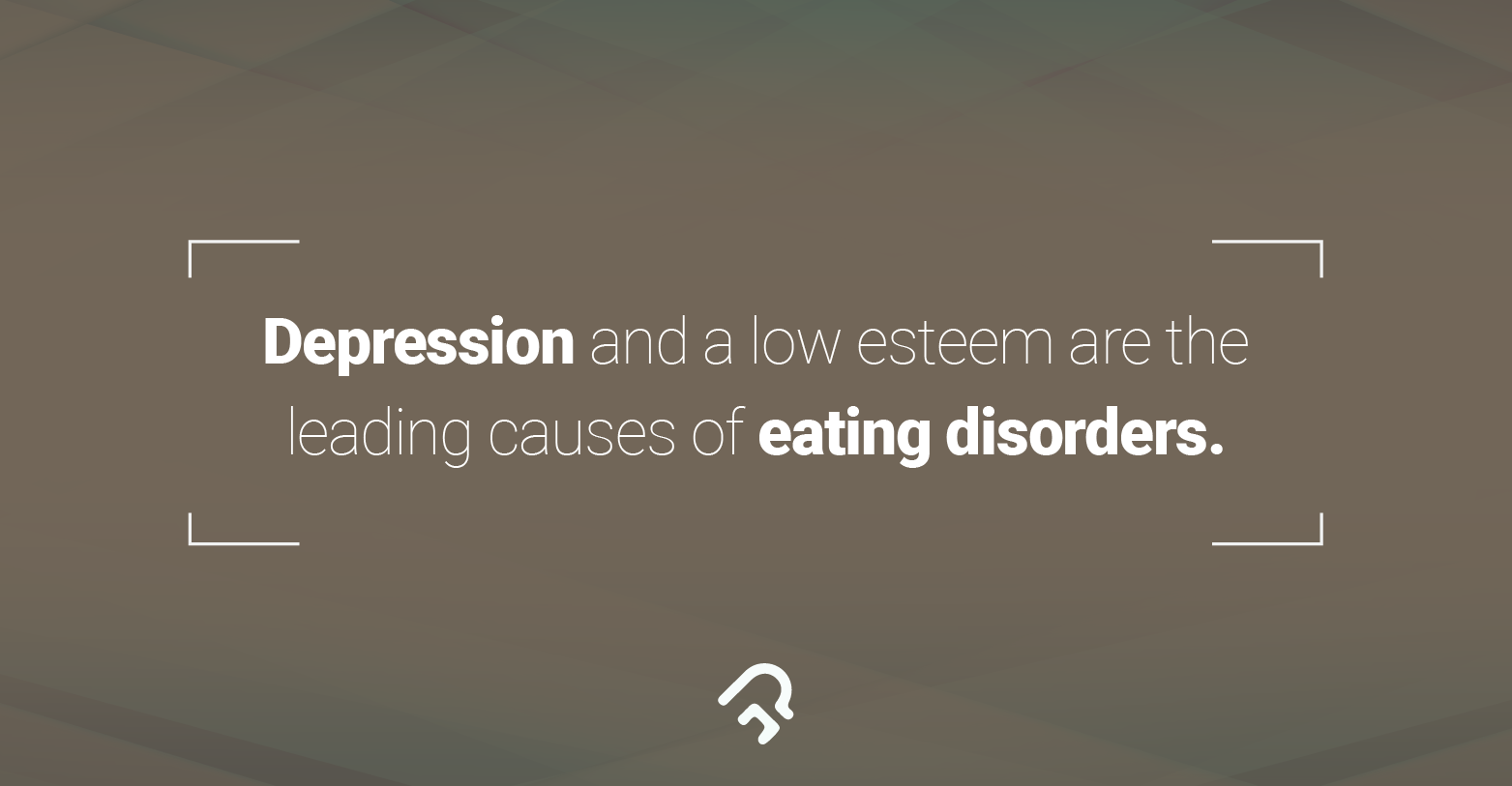Eating Disorders That Are Eating Away India
By Dr. Nikita Toshi +2 more

Get,

to manage your symptom
Get your,


4 Cr+ families
benefitted

OTP sent to 9988776655



You’ve successfully subscribed to receive
doctor-approved tips on
Whatsapp

Get ready to feel your best.

Hi There,



Register to Avail the Offer
Send OTPBy continuing, you agree with our Privacy Policy and Terms and Conditions

Hi There,

Trusted by 4 crore+ families

OTP sent to 9988776655



You have unlocked 25% off on medicines




Code: NU25




By Dr. Nikita Toshi +2 more
Table of Contents
An eating disorder is defined as a range of psychological disorders characterized by abnormal or disturbed eating habits (such as anorexia nervosa).
There are no precise causes of eating disorders but depression, anxiety, low self-esteem,and substance abuse may lead to it. An eating disorder is common amongst teenage girls and young women and less common in men. This form of psychological disorder is getting more common with time in developing countries. This can be attributed to the advent of technology and the internet and their standard of ‘beauty’.

This is the most common form of eating disorder that exists predominantly in young women and teenage girls who are vulnerable and extremely self-conscious. Women suffering from anorexia are extremely scared of gaining weight and suffer from extremely low self-esteem. They become obsessed with their weight and outer appearance. This unnatural and harmful psyche leads to Anorexia Nervosa.
If left untreated, Anorexia can lead to organ failure and undernourishment.
People suffering from Bulimia Nervosa experience phases of binge eating. They often eat copious amounts of food, mostly junk food and then purge. They either vomit or misuse laxatives to throw out every ounce of food that their body consumed. This again is a result of a distorted self-image. They consider themselves fat and are scared of putting on any weight.
The long-term effects of Bulimia can include abnormal heartbeat, bleeding from the oesophagus due to excessive reflux of stomach acid, kidney failure and dental problems too.
People who suffer from Binge eating disorder often experience phases of binge eating, like people suffering from Bulimia. However, binge eaters do not exercise or purge after eating and therefore are usually obese. They are extremely sensitive about their self-image and this leads to added stress that makes them eat more. Binge eating, therefore, becomes a vicious cycle of eating, feeling guilty and eating again to feel better. Breaking out of this cycle can be quite challenging. Depression and binge eating often go hand in hand.
The long-term health effects of binge eating are heart diseases, joint pains due to excessive weight, poor blood circulation and other health problems that come knocking with obesity like poor liver functioning and kidney problems too.
More often than not people suffering from it are ashamed to admit it and live in denial and often go untreated. Eating disorders cannot be cured overnight and there are no prescribed medicines that help with such psychological disorders, however, having said that help is available for those who seek! People suffering from such disorders should seek help from counselors, medical practitioners, dieticians and psychiatrists. Therapy, love and support from family & friends and developing a positive attitude may help deal with eating disorders.
Also Read: How to Stop Binge Eating: Research-Based Strategies for Overcoming This Habit
Disclaimer: The information provided here is for educational/awareness purposes only and is not intended to be a substitute for medical treatment by a healthcare professional and should not be relied upon to diagnose or treat any medical condition. The reader should consult a registered medical practitioner to determine the appropriateness of the information and before consuming any medication. PharmEasy does not provide any guarantee or warranty (express or implied) regarding the accuracy, adequacy, completeness, legality, reliability or usefulness of the information; and disclaims any liability arising thereof.
Links and product recommendations in the information provided here are advertisements of third-party products available on the website. PharmEasy does not make any representation on the accuracy or suitability of such products/services. Advertisements do not influence the editorial decisions or content. The information in this blog is subject to change without notice. The authors and administrators reserve the right to modify, add, or remove content without notification. It is your responsibility to review this disclaimer regularly for any changes.

View all comments(1)
I think this is a brilliantly written article. We need more dialogue on mental health in India. Depression and conditions caused due to depression are more common in India than we know. More and more girls are falling prey to such disorders and feel ashamed to come out in open and admit the same. Kudo! PharmEasy. Hopefully more such blogs will help us to talk more openly about such disorders.